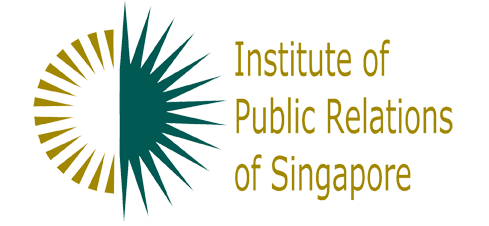Any member who resigns from the Institute must do so in writing, addressed to the Honorary Secretary. The resignee must pay up all dues and return any property belonging to the Institute.
If a member falls into arrears with his subscription or other dues he shall be informed by the Honorary Treasurer. If he fails to settle his arrears within three months of their becoming due he shall cease to be a member.
If any member of the Institute refuses to comply with the standards laid down in the Code of Ethics, the Council is empowered to: Caution or reprimand such a member, or/and, Suspend such a member from the privileges of membership for any period not exceeding six months.
The Council is empowered to expel any member who violates the IPRS Constitution and the Code of Ethics or who has been charged in a Criminal Court of Law and found guilty. Before such a member is expelled, the Honorary Secretary shall inform him of the violations and give the member a minimum of seven days’ written notice to attend a meeting of the Council and give an explanation. If after the hearing, two-thirds of the members of the Council present vote for the expulsion, then he/she will thereupon cease to be a member of the Institute. If such a member refuses to attend the meeting in answer to the notice calling him/her to do so, the Council may nevertheless proceed in the member’s absence to discuss the expulsion matter.


